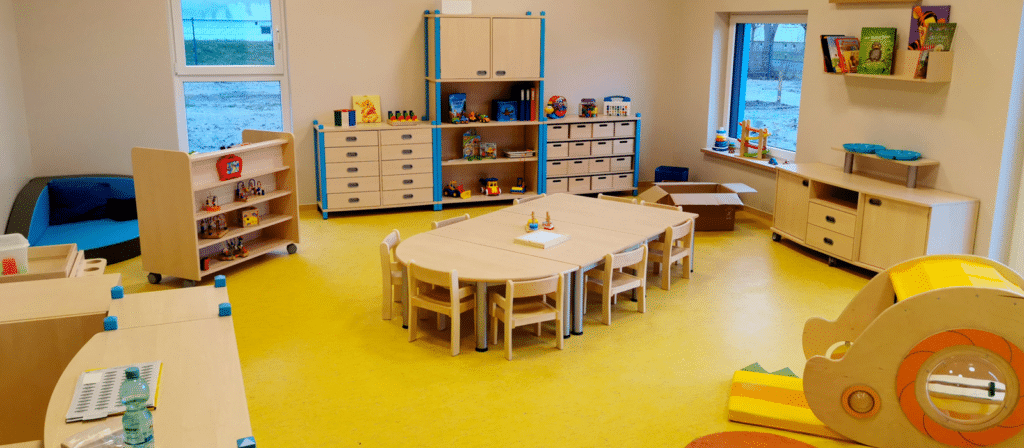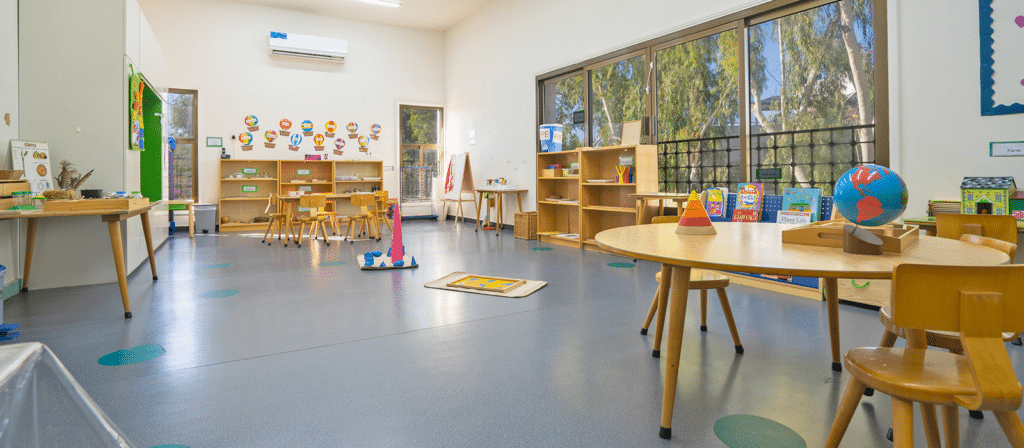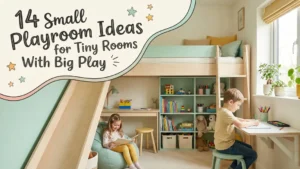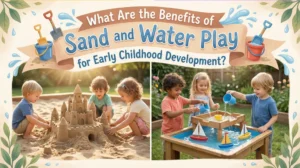Have you ever wondered what makes a material Montessori? What sets it apart from other educational materials? As a passionate Montessori educator, I have explored this question extensively and have come to realize that there are several key elements that make a material truly Montessori. In this blog post, I will delve into these elements and discuss why they are crucial in creating a Montessori environment that fosters independent learning and exploration.
To understand what makes a material Montessori, it is important to first understand the philosophy behind the Montessori method. Developed by Dr. Maria Montessori, this educational approach emphasizes the importance of hands-on learning, self-directed activity, and collaborative play. Montessori materials serve as tools that facilitate this type of learning experience.
One of the main characteristics of Montessori materials is that they are designed to be self-correcting.
This means that children can independently determine if they have completed a task correctly or not. For example, the Montessori Pink Tower consists of ten wooden cubes of varying sizes. The child learns to stack them from largest to smallest, and if the tower doesn’t look right, they can easily identify and correct their mistake. This self-correction aspect not only fosters independence but also encourages the child to take responsibility for their own learning.
Another important aspect of Montessori materials is that they are designed to isolate specific concepts.
Each material focuses on a particular skill or concept, allowing the child to fully grasp and master it before moving on to the next level of complexity. For instance, the Montessori Cylinder Blocks help children develop their visual discrimination skills by matching cylinders of varying sizes to their corresponding holes. By isolating this concept, the child can focus solely on understanding size and dimension, without being overwhelmed by additional factors.
Furthermore, Montessori materials are designed to be aesthetically pleasing and inviting.
They are typically made from natural materials, such as wood, metal, and fabric, which not only appeal to the child’s senses but also create a sense of harmony and beauty within the environment. The inviting nature of these materials encourages the child to engage with them, explore, and learn in a calm and peaceful atmosphere.

Montessori materials also promote the development of fine motor skills. Many of the materials require the child to manipulate objects, such as using their fingers to hold and move pieces or using tweezers to transfer objects. These activities not only enhance hand-eye coordination but also strengthen the muscles in the hand, preparing the child for writing and other more intricate tasks in the future.
In addition to the physical aspects, Montessori materials also promote abstract thinking and problem-solving skills. The materials are designed to challenge the child’s logical thinking and encourage them to find solutions independently. For example, the Montessori Binomial Cube requires the child to mentally analyze and assemble the cube, developing their spatial awareness and logical reasoning skills.

Montessori materials embody a purposeful design, sensorial appeal, sequential progression, self-correcting nature, and unwavering quality. These materials serve as invaluable tools in Montessori education, igniting children’s curiosity, fostering independent exploration, and promoting holistic development.
Embrace the essence of Montessori materials as catalysts for transformative learning experiences, nurturing children’s innate desire to learn, explore, and grow. Experience firsthand the magic of Montessori materials as they unlock the potential within every child, laying the foundation for a lifelong love of learning.













